Eat yourself a better night's sleep
It's World Sleep Day and Rob Hobson, author of The Art Of Sleeping explains how, what and when you eat affects your circadian rhythm
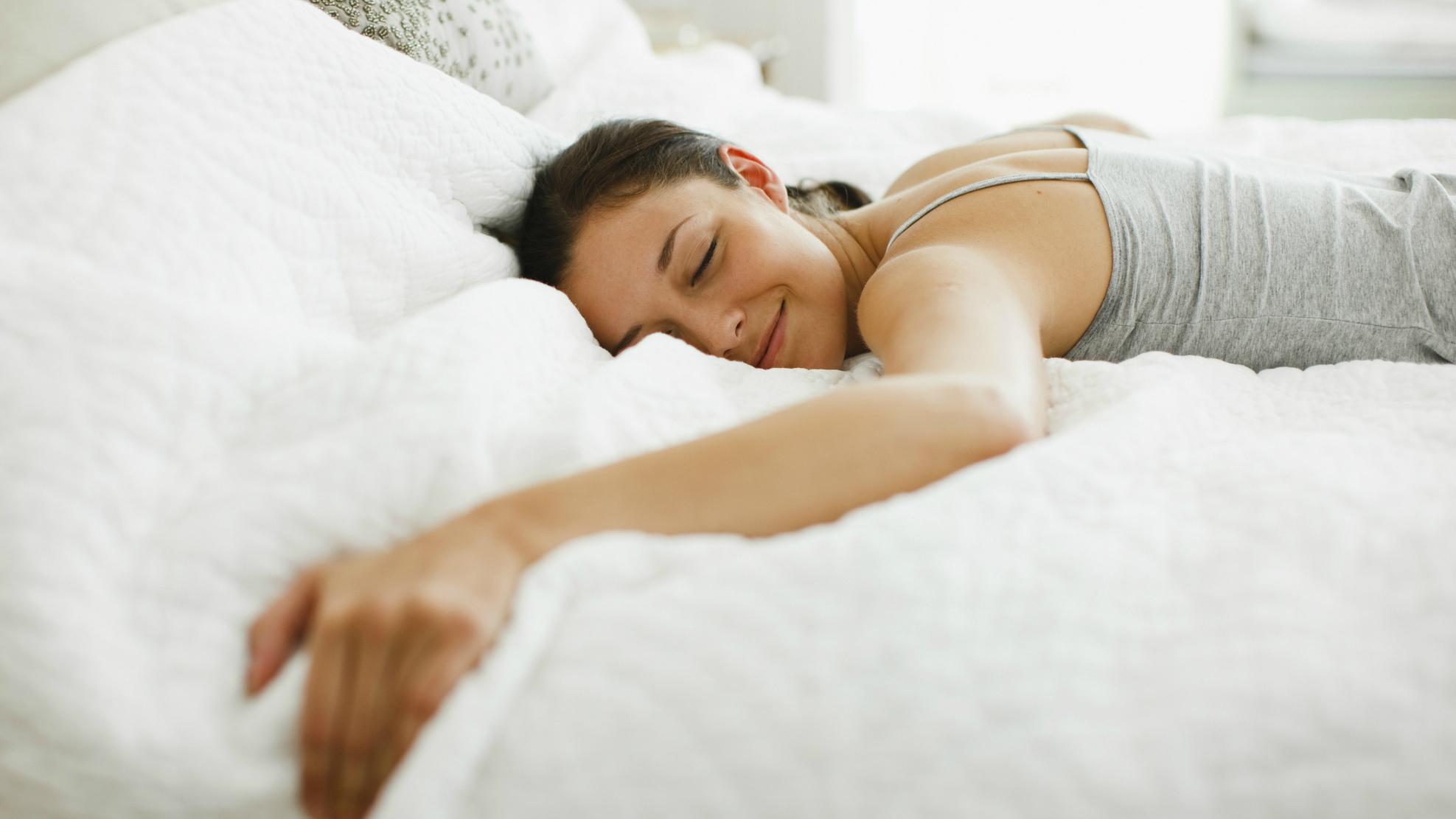
It's World Sleep Day and Rob Hobson, author of The Art Of Sleeping explains how, what and when you eat affects your circadian rhythm
I spent many nights in succession sleeping for less than four hours but instead of doing something about it, I developed a whole raft of coping mechanisms rather than tackling the issues head on. Being awake at night also created anxiety around the fact that I had to get up for work which just made things even worse. It was my battle with insomnia that inspired me to write my book The Art of Sleeping.
Tackling sleep is like anything else to do with health and it means making behaviourial changes which takes effort and commitment to get positive results. I took my own advice from the book and sat down to really think about what was keeping me awake, then hit these issues head on by developing my own personal sleep ritual using the principles of BED (behaviour, environment and diet).
You might question what diet has to do with sleep, but it can have a real impact on our circadian cycle, which governs the flow of hormones and biological processes that help to set your pattern of sleep. Understanding how your body is programmed and feeding it the right foods at the right time can help you to unlock the secret to a good night’s sleep and keep your circadian rhythm on track.
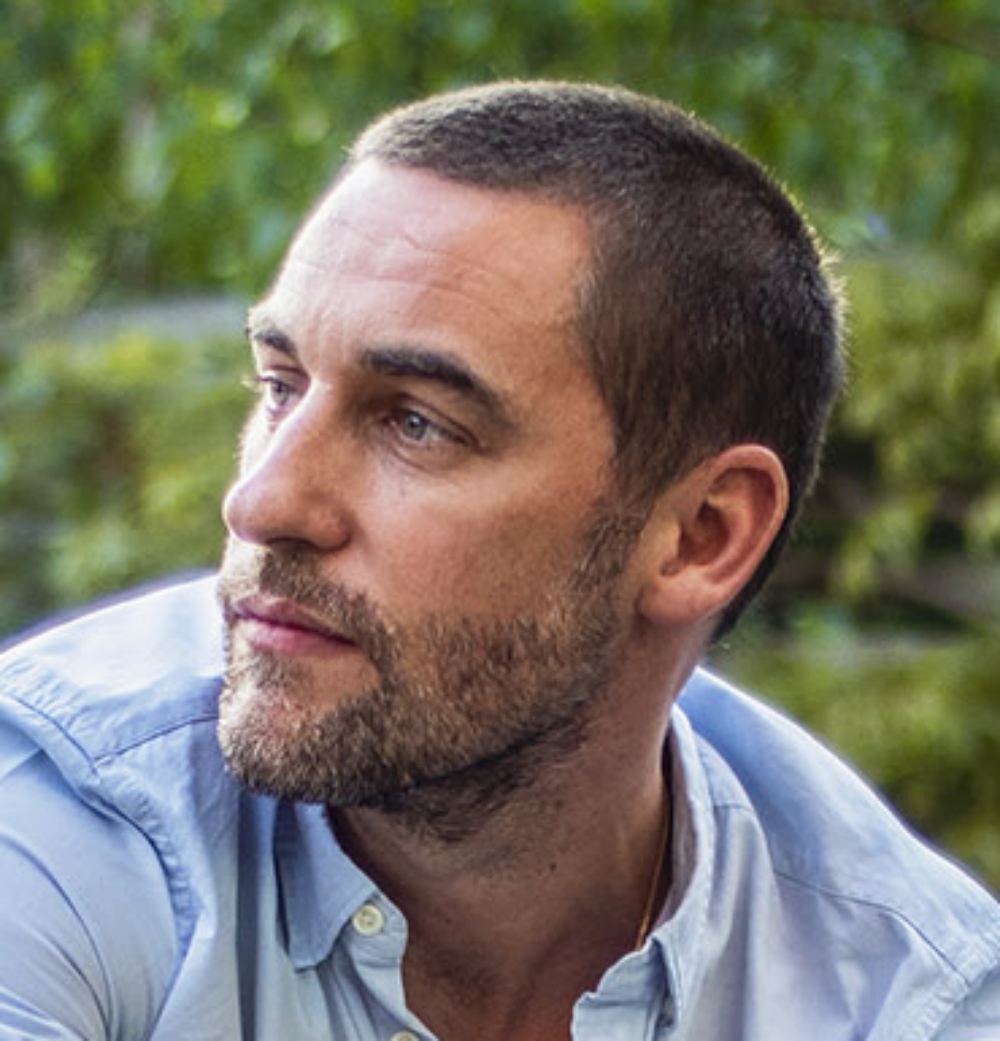
Fuel your mornings: Avoid falling into the snooze button void and get up at the same time each day and fuel your morning with the right nutrition. To get a healthy start, make time for a nutritious breakfast such as plain yoghurt topped with fresh fruit and crushed almonds. Almonds contain energising plant protein and healthy fats, plus fibre, to keep you going throughout the day. They are also a high source of magnesium, which contributes to the reduction of tiredness and fatigue.
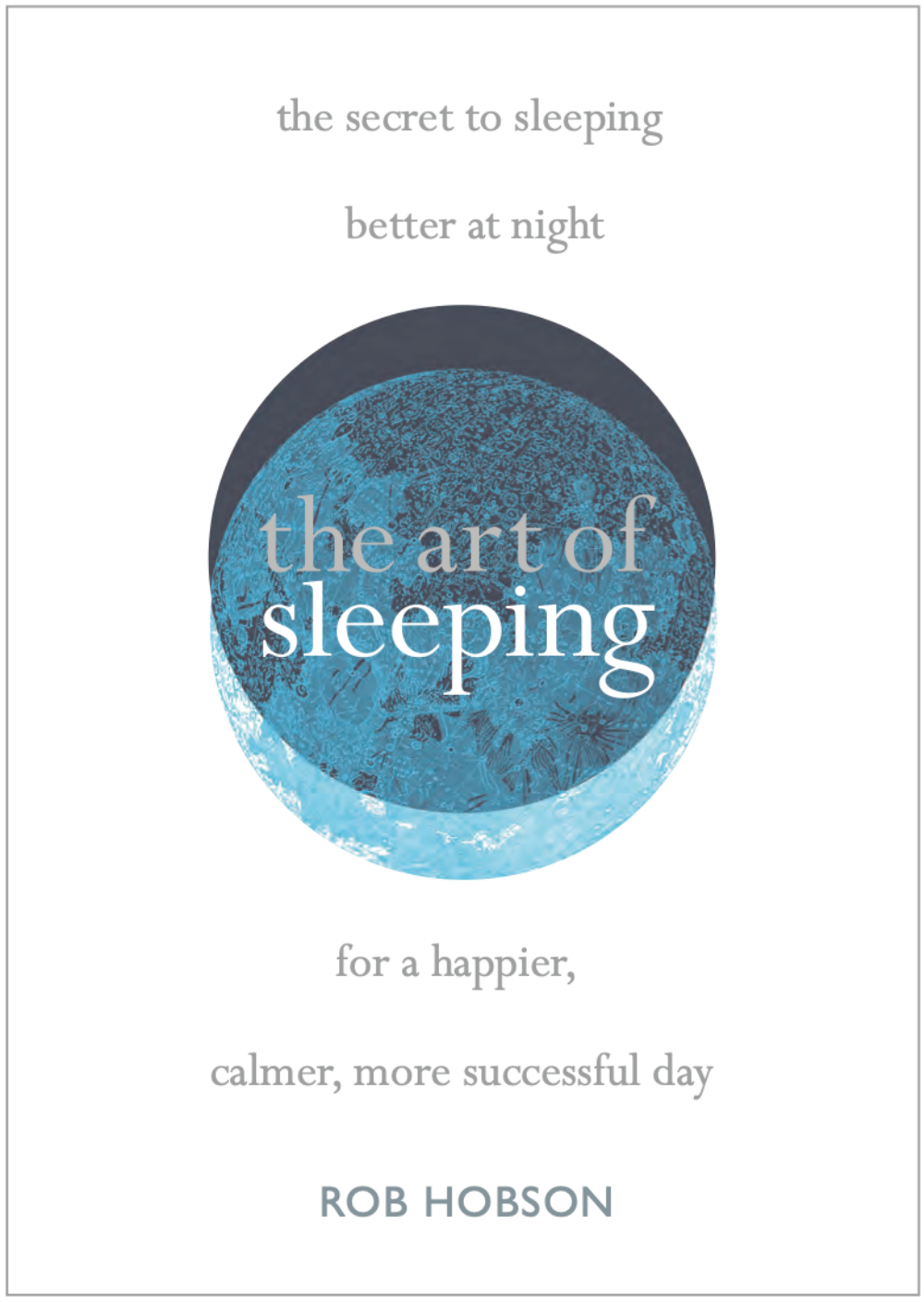
The Art of Sleeping by Rob Hobson, published by HQ, is available now
Tiring tryptophan: Tryptophan is an amino acid found naturally in a number of foods. It plays a role in maintaining our circadian rhythm as it’s used by the body to make serotonin which in turn is converted to melatonin. Melatonin is the hormone released when it gets dark to help trigger our internal body clock into going to sleep. You can increase your intake of tryptophan by eating foods such as seeds, soya beans, bananas, chicken, turkey, oats, beans and eggs. Eating these foods with a source of carbohydrate can help with its uptake to the brain.
Marie Claire Newsletter
Celebrity news, beauty, fashion advice, and fascinating features, delivered straight to your inbox!
Don’t go to bed hungry: Skipping evening meals, not eating enough or eating sugary foods before bed may cause dramatic shifts in blood glucose during the night which in turn can stimulate the brain, signalling it to wake up and eat. Try to eat something before bedtime and keep it light to avoid any digestive issues that may also contribute to your ability to get to sleep. Evening snacks containing protein and good fats, such as a handful almonds, are a good way to have a slow release of energy during the night, especially important if you have eaten early in the evening.
*The Art of Sleeping by Rob Hobson, published by HQ, is available now*
The leading destination for fashion, beauty, shopping and finger-on-the-pulse views on the latest issues. Marie Claire's travel content helps you delight in discovering new destinations around the globe, offering a unique – and sometimes unchartered – travel experience. From new hotel openings to the destinations tipped to take over our travel calendars, this iconic name has it covered.
-
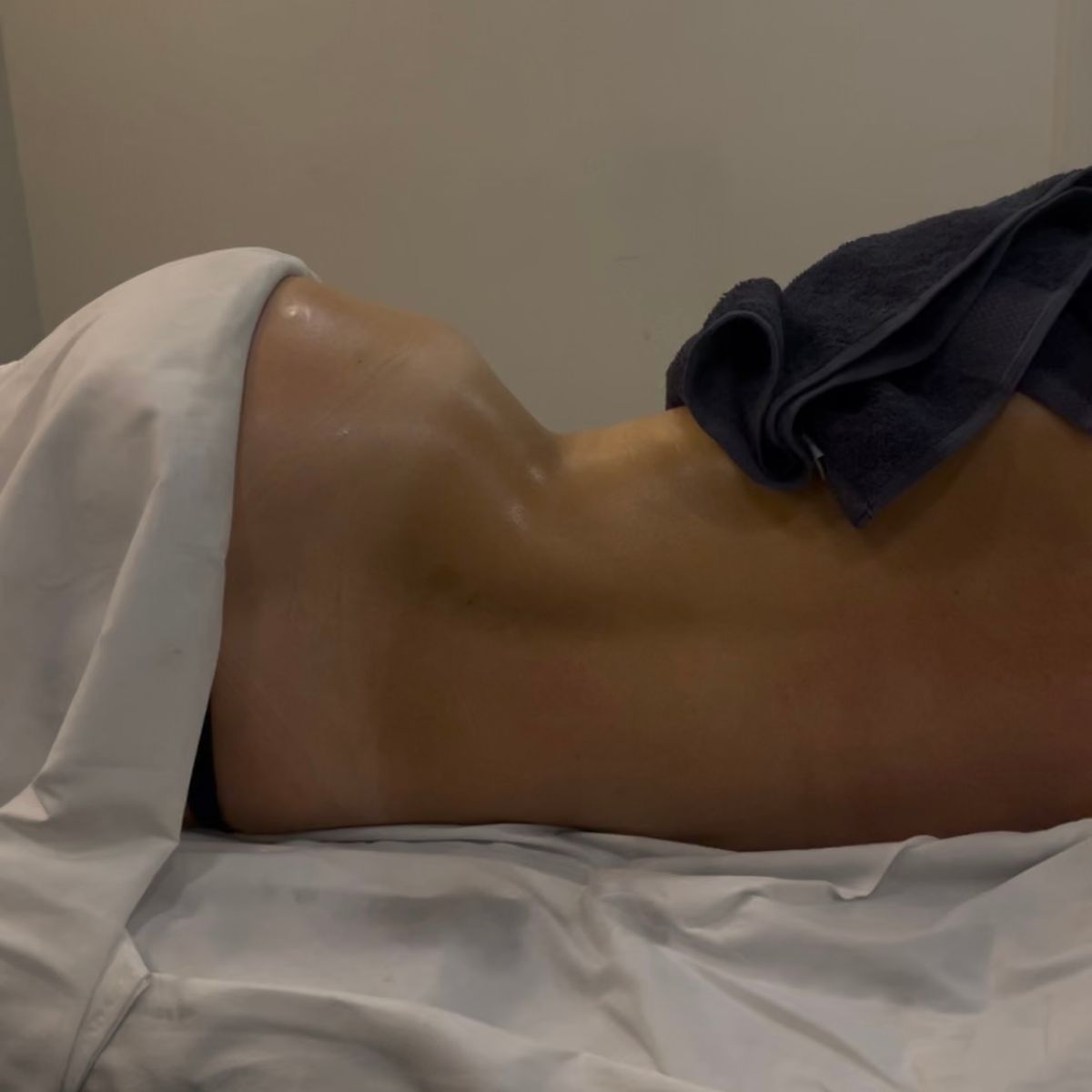 I tried Sofia Grainge’s go-to lymphatic drainage massage - and the results were astonishing
I tried Sofia Grainge’s go-to lymphatic drainage massage - and the results were astonishingThe results go way beyond aesthetics.
By Ashleigh Spiliopoulou
-
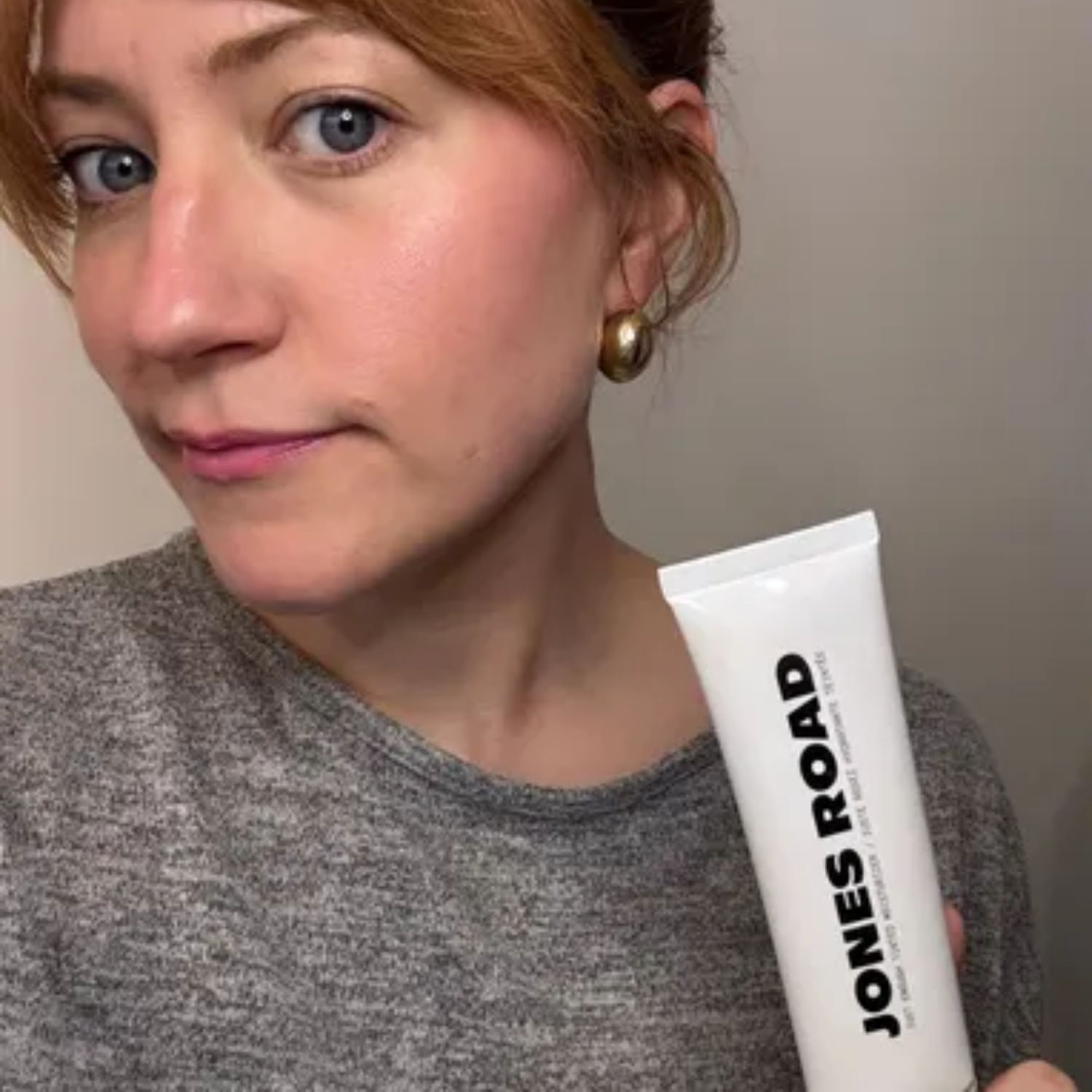 My dry skin loves a tinted moisturiser in the summer months—this one is *outstanding*
My dry skin loves a tinted moisturiser in the summer months—this one is *outstanding*It ticks the boxes for coverage and nourishment
By Matilda Stanley
-
 I was overusing (and wasting) my skincare products until a dermatologist taught me this trick
I was overusing (and wasting) my skincare products until a dermatologist taught me this trickLess slathering, more targeting.
By Darcy Brown